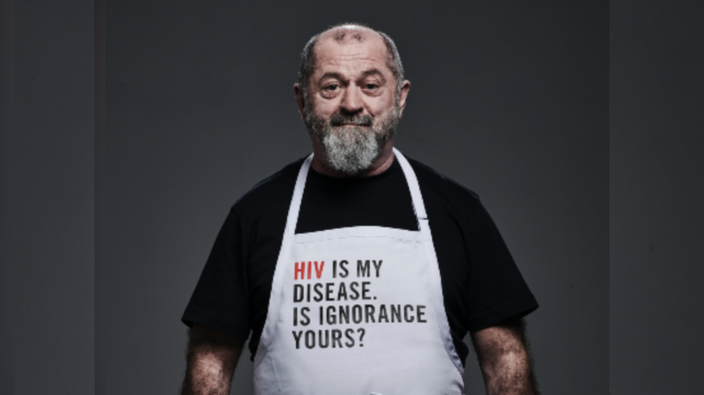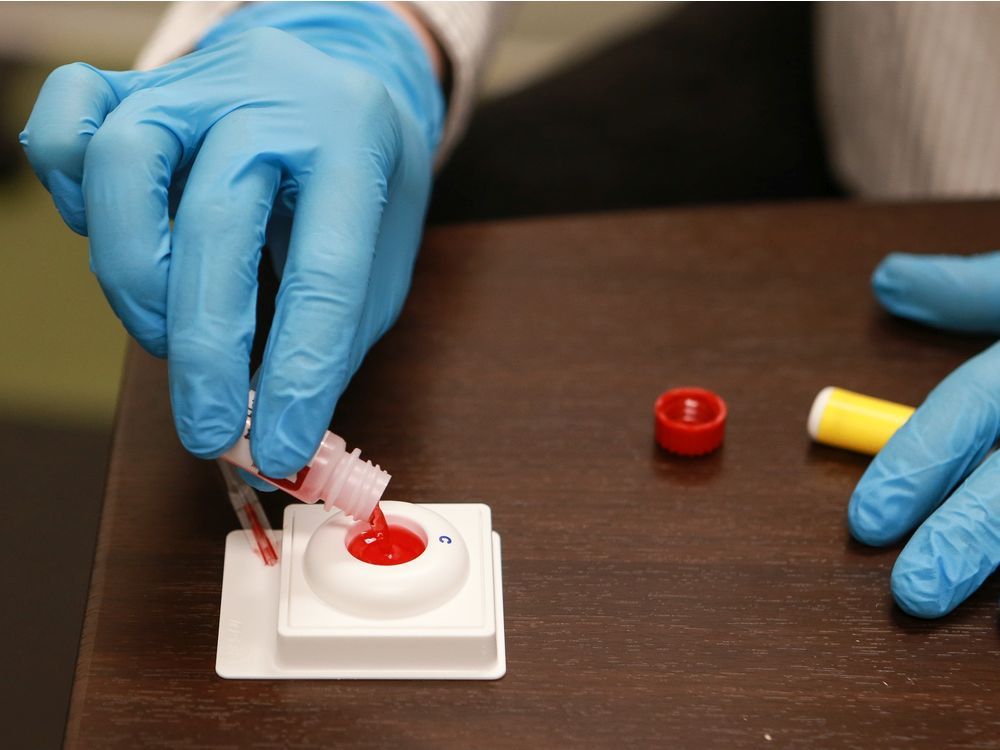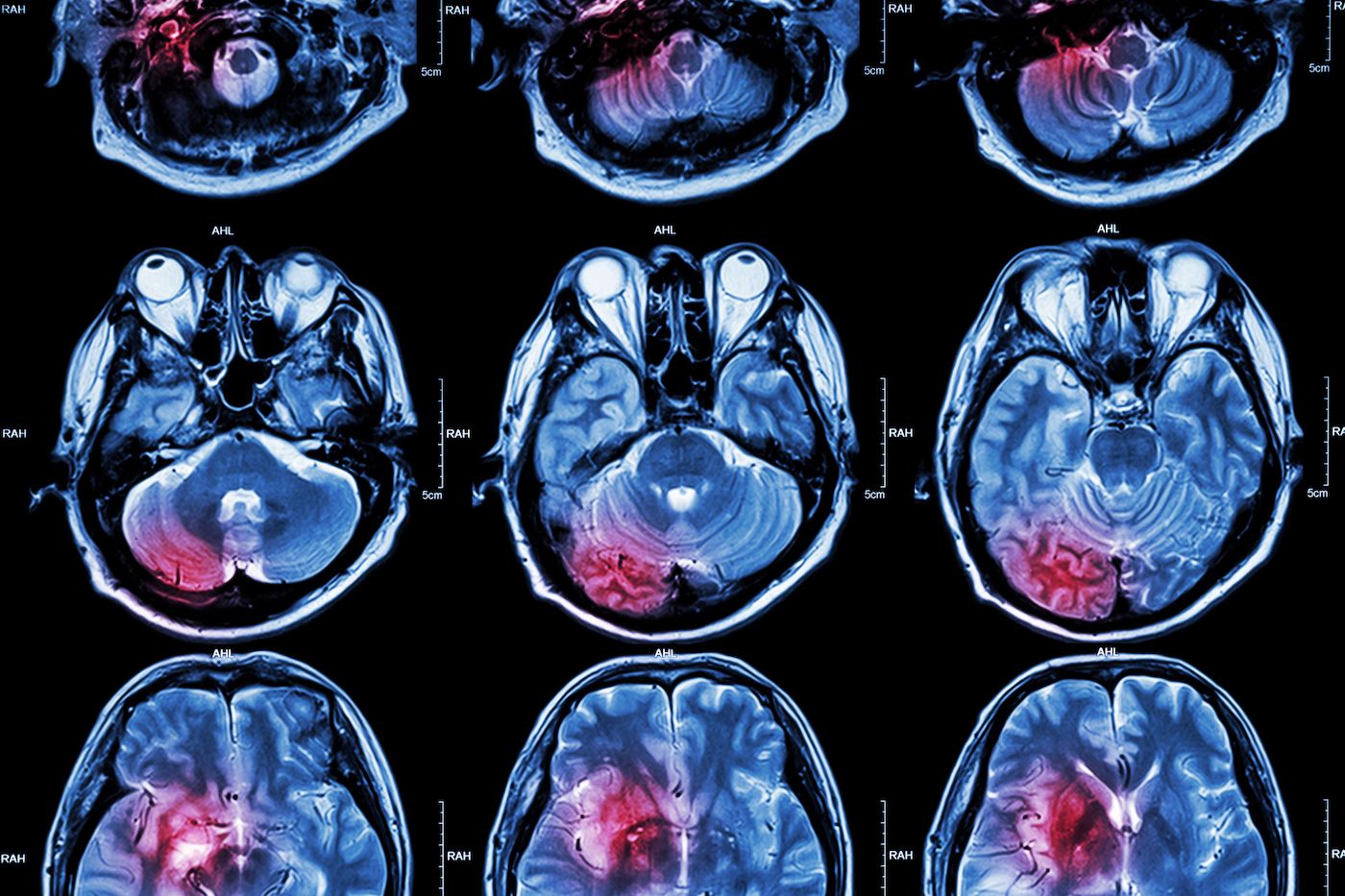modern antiretroviral therapy now causes viral suppression and can get patients to the point where the
hiv virus is virtually undetectable in the blood. this helps prevent illness and also prevents transmission through sexual intercourse.
chef allan sat down with healthing to share his experiences living with hiv in the ’80s, working with his doctors to find the right medications, what he loves about his life now and the upcoming, sold-out,
dining experience with the casey house.
this interview has been edited for length and clarity.
what led to your diagnosis?
i was diagnosed officially with hiv in 1988. i was living in new york and enjoying life with my third partner. my first two partners died of aids, so when i fell in love the third time, i thought i was a carrier. so both my partner and i went and got tested and i found out i was positive. basically, they told you to go home, quit your job, stay away from stress and write a will.
what was through your head when you tested positive?
first of all, i was happy now knowing that i was positive. i was not going to give it to the man that i was in a five year relationship [with]. i loved him. so it was a relief for me because i kind of knew, like, my first husband got wastings* and went blind — he committed suicide because, in those days, the doctors would give you some pills to help you go away. and then my second partner got ks** and he died in three weeks. finally i said, if i’m a carrier [of] this disease that they know nothing about, i could never give it to somebody i love. so that’s why we went and got tested. so i felt relieved, on one side, for my love.
 12 minute read
12 minute read




